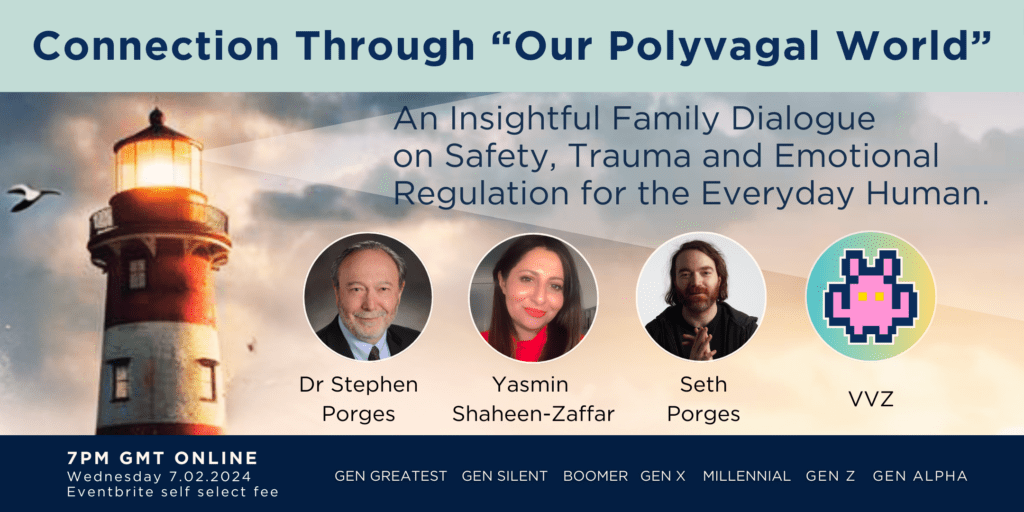Home » Polyvagal Workplace Wellbeing for Organisations | Polyvagal Teen®
Polyvagal workplace wellbeing for organisations & services.
A steady, practical way to support regulation, connection and care - across teams, shifts and services.
We provide polyvagal workplace wellbeing that turns neuroscience into practical tools for teams. Because stress narrows choice, we teach staff to read state, then steady in the moment. Therefore, incidents fall, recoveries speed up, and psychological safety grows. Meanwhile, leaders gain a shared language for tough conversations and safeguarding. In short, your organisation gets simple routines that work across roles – so approaches survive turnover and busy shifts.
Begin with the free R.U.D Process®: a one-page guide to increasing self-awareness and diffusing tough moments.
Why effective communication matters for workplace wellbeing
Who this is for?
- Frontline & blue-light services (health, social care, policing, fire)
- Education (school & college staff, SENCOs, pastoral, EPs, OTs)
- Corporate & third sector (HR/People, wellbeing leads, managers, teams)
- EAPs & group practices delivering organisation-wide support
Outcomes: Fewer Incidents, Faster Recovery, Lower Burnout
Stress & burnout rising; staff recovery time between tasks is thin.
Escalations spread fast – one person’s spike shifts the whole room.
Misunderstandings multiply – tone in email/Teams gets misread; direct/literal communication (often ADHD/autistic) is labelled as attitude; safety cues differ across cultures and shifts.
Conflicts repeat because teams lack a shared language for state and needs.
Managers feel stuck: “We’ve tried reminders and policies – nothing sticks.”
Absence & presenteeism grow; productivity dips and turnover costs increase.
Why Polyvagal workplace wellbeing matters at work
Polyvagal Training for Organisations: What You’ll Learn
Spotting body cues early (breath-holding, headaches, gut tension, over-energy or shutdown) so you can act sooner and shorten the spiral.
Small, steady steps (30–90-second micro-practices before/after meetings and handovers) that help people reset without shame or force.
Predictable routines – Steady Starts, transition resets and clear landings – that protect focus time and reduce decision fatigue.
Plain-English scripts for requests, feedback and repair, improving clarity and cutting misunderstandings in email/Teams and in person.
Neuro-affirming options that respect sensory needs and different processing speeds – supporting ADHD/autistic colleagues as standard.
- When staff learn polyvagal in the workplace skills, they use the same simple steps at home – with partners, children and caring roles. As self-awareness and steady routines grow at home, recovery improves between shifts. That steadiness shows up back at work as better focus, fewer spikes and stronger communication.

